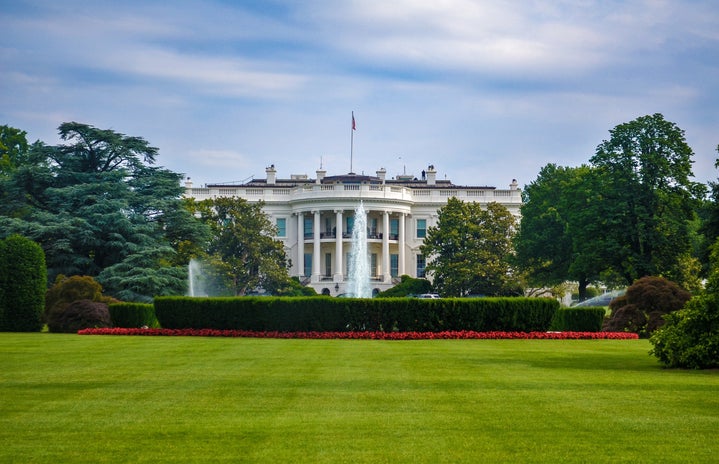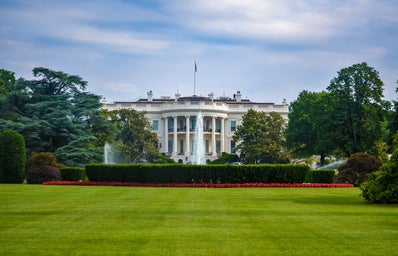A year ago I wrote an article on U.S Latino racism where I, like many other optimistic people in 2015, predicted Trump wouldn’t clinch the Republican nomination.
I was wrong. Big time. Not only did he become the GOP nominee, he won by a landslide. “Make America Great Again” resonated in state after state, polling booth after polling booth. I joked I would take a mental note not to move to any of the states where he won after graduation. I later realized this would mean avoiding half the nation, including the state where I attend college.I don’t think I’ll live to see a more bizarre election in my lifetime. 2016 will go down in history as the year a reality tv star white supremacist ran for president and galvanized the nation using Twitter and a red hat.
I’m trying to come to terms with this year. Because even if Trump doesn’t win (suffice to say, I’m not in the business of making political predictions anymore), I have to confront Trump’s legacy.
I have to confront the fact that he won his party’s nomination. By a lot.
I have to confront the fact that Notre Dame’s College Republicans willingly supported him.
I have to confront how so many people were willing to scapegoat people of color in order to “Make America Great Again.”
I have to confront the fact that so many Christians from multiple denominations voted for him and contributed to his rise to power.
I have to confront what this means beyond this year. When I look out the window on December 31, 2016 at 11:59 pm, I will have to face this America. An America more hostile and more complicated than the one I grew up believing in. Though I’ve been conscious of forces like structural racism and misoginy for some time now, nothing prepared me for the overwhelming support Trump’s unabashed brand of racism recieved from Americans across the nation.
That’s a hard pill to swallow. It’s challenging for me, a white skinned, middle class Latina student from the University of Notre Dame, to recognize that fighting agaisnt income inequality, LGBTQIA phobia, racism, etc, will be that much harder. I lost track of all the times I have sobbed throughout the course of this election.
Trump by himself isn’t terrifying. Its what his widespread support reflects about American values. He leaves us with a terrifying question to ponder: as a nation, what do we really stand for? Do we truly stand for justice and equality? Or for hatred, bigotry, fear, and callousness?
The question now is, where do we go from here? I won’t pretend to have all the answers, but I know cultivating empathy is an essential starting point. Throughout this race I’ve witnessed how people were willing to shut down the voices of marginalized groups and remain complicit in their disenfranchisement.
People from both sides of the political aisle ignored the concerns of Trump targets. Even self-proclaimed allies treated Trump as a joke, and failed to understand the serious implications of his bigotry until it was too late.This cannot continue. Listen to stories of opression and hardship. Read, challenge yourself to go beyond the college bubble and connect to the communities who have most been affected by this election cycle. Learn about immigration reform, income inequality, racism, sexism, etc, and recognize that these are not just topics for debates, but lived realities.
In addition, as students at a Catholic University, we need to champion a deeper definition of “pro-life.” If Catholic students are willing to endorse a racist, misogynistic, narcissist because he’s “sort of” against Roe v Wade, our idea of pro-life needs a lot of work. The lives of women, people of color, LGBTQIA, people with disabilities, people in poverty, and other groups Trump has consistently targeted throughout his campaign, matter. By endorsing their disenfranchisement, we promote a hollow idea of “pro-life” that goes against the virtues of compassion, love, and humility emphasized in Christian doctrine. Notre Dame needs to lead an example by promoting (through both words and deeds) a conception of Catholic social teaching that works to tear down oppression and create a community that emphasizes being our brother’s and sister’s keeper.
We can only perform meaningful work when we sit down, shut up, and listen to those most affected. We need to (if we haven’t already) recognize how oppression exists in its multiple forms, and understand it won’t go anywhere without a firm commitment to dismantle it.
Follow HCND on Twitter, like us on Facebook, Pin with us and show our Instagram some love!

